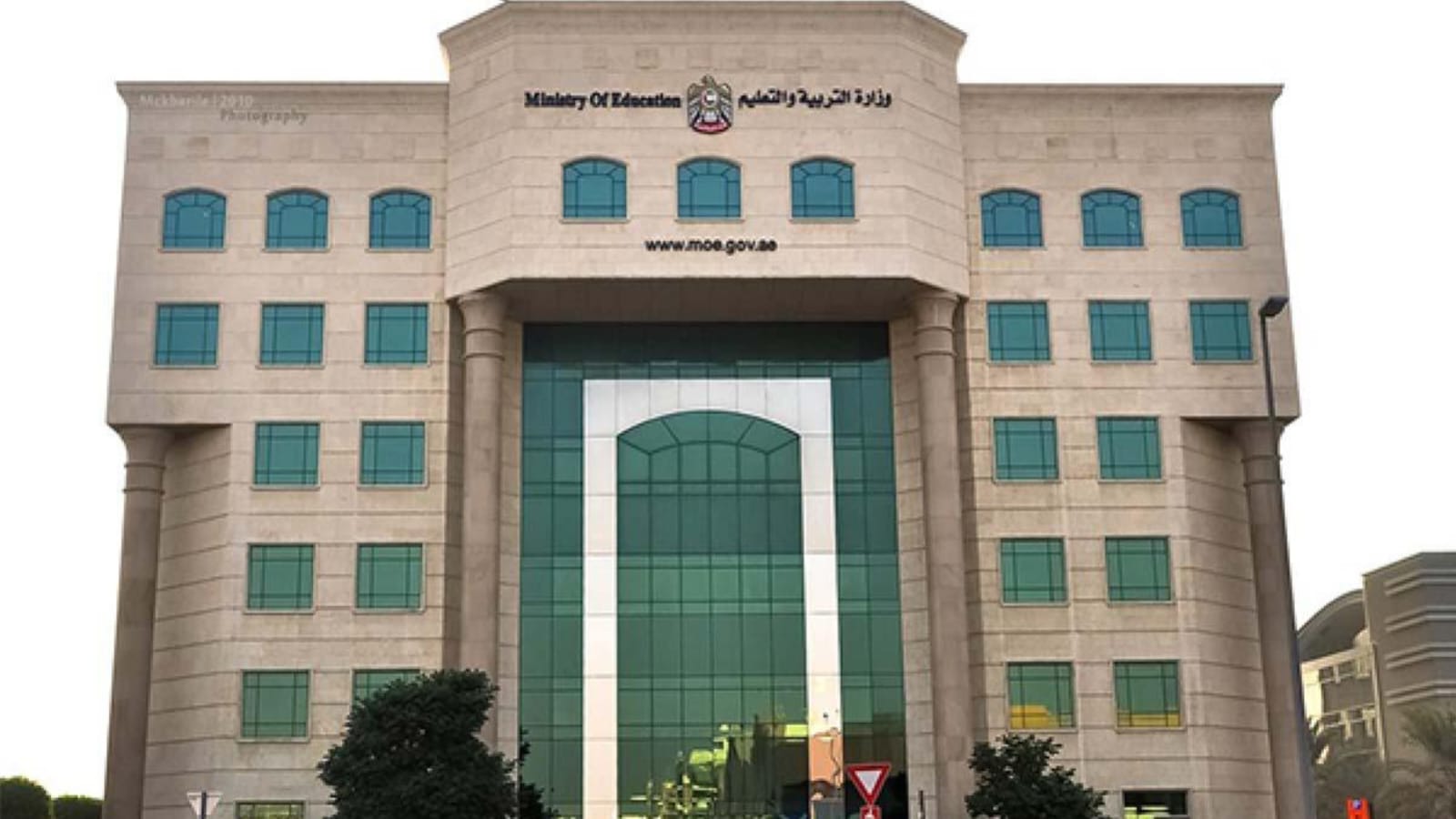Global Leaders Unite for Peaceful Ukraine Resolution

In a notable show of diplomatic coordination, top foreign ministers from the United States, Europe, and Ukraine engaged in an extensive virtual conversation to explore peaceful resolutions to the ongoing war in Ukraine. The meeting, led by U.S. Secretary of State Marco Rubio, included Ukraine’s Foreign Minister Andrii Sybiha and his counterparts from France, Germany, Poland, the United Kingdom, and the European Union. The broad participation marked an evolving consensus on how global diplomacy could bring about de-escalation and set a long-term path toward Ukrainian stability.
Global Stakeholders Collaborate on Conflict Resolution Framework
According to an official statement by State Department spokesperson Tammy Bruce, the high-level conversation included French Foreign Minister Jean-Noël Barrot, German Foreign Minister Johann Wadephul, Polish Foreign Minister Radosław Sikorski, UK Foreign Secretary David Lammy, and European Union High Representative Kaja Kallas. Together, these leaders reviewed the current developments and laid the foundation for sustained multilateral cooperation.
The diverse representation reflects a unified transatlantic vision aiming to stabilize Ukraine without further exacerbating tensions. While political viewpoints varied, all parties emphasized commitment to diplomacy, humanitarian aid, and the protection of Ukraine’s territorial integrity. This meeting built upon months of dialogue, summits, and policy coordination, showing that high-level conversations are essential to shaping a unified global response.
Humanitarian Priorities Dominate International Peace Talks
One of the central themes of the conversation was the humanitarian crisis caused by the ongoing conflict. Millions of Ukrainians have been displaced, cities damaged, and critical infrastructure compromised. The participating nations collectively reiterated their dedication to humanitarian aid, focusing on access to food, shelter, healthcare, and education for those affected.
The ministers also addressed the importance of international organizations in coordinating and delivering aid effectively. The establishment of safe corridors for displaced civilians, better logistical planning, and more transparent distribution networks were among the discussed measures. These efforts demonstrate that a lasting peace must go hand in hand with addressing the human costs of war.
Upholding Ukraine’s Sovereignty a Cornerstone of Peace Dialogue
Throughout the conversation, one message remained consistent: peace must respect Ukraine’s sovereignty and internationally recognized borders. All foreign ministers reportedly underscored that any resolution must not compromise the country’s territorial integrity or political independence. While the discussions avoided specific political prescriptions, they emphasized international law as the basis for negotiations.
This diplomatic stance aligns with previous declarations made in European capitals and at the United Nations. The reaffirmation of sovereignty serves both a legal and moral purpose—protecting national identities while sending a message that international norms cannot be violated without consequences. In this regard, the conversation contributes to safeguarding broader global stability.
Strengthening Multilateral Cooperation Through Institutions and Alliances
Beyond bilateral talks, the ministers discussed reinforcing the role of multilateral institutions in the peace process. The European Union, NATO, and the United Nations were identified as key platforms for driving collective action. According to diplomatic sources, ministers discussed how these institutions could facilitate confidence-building measures, mediate ceasefire conditions, and monitor human rights standards.
This strategic alignment enhances the credibility of international diplomacy. By leveraging the frameworks of established organizations, countries aim to ensure consistent standards and robust implementation mechanisms for any potential peace agreement. The shared understanding is that international peace processes must be institutionalized to ensure fairness, transparency, and accountability.
Addressing Ukraine’s Long-Term Recovery and Development
While the immediate focus remains on halting hostilities, there was considerable attention given to Ukraine’s long-term economic recovery. Ministers acknowledged the need for international investment in rebuilding infrastructure, agriculture, education, and technology. This includes partnerships between governments, the private sector, and international financial institutions.
The conversation included ideas for establishing a post-conflict recovery fund and incentivizing businesses to invest in Ukraine’s reconstruction. There was also discussion on the importance of judicial reforms and anti-corruption frameworks as prerequisites for sustainable development. The economic trajectory of Ukraine, they agreed, must be integrated into European and global markets to secure long-lasting peace.
Complex Geopolitical Realities Remain Major Challenge
Despite the spirit of cooperation, ministers were candid about the complexities involved in negotiating peace. Questions remain about the role of third-party mediators, preconditions for ceasefires, and the sequencing of diplomatic steps. There was broad agreement that any peace initiative must balance firmness with flexibility—remaining grounded in principle while allowing room for practical compromise.
The conversation also acknowledged the role of misinformation and geopolitical rivalry in complicating peace talks. Officials reportedly agreed to enhance information-sharing mechanisms and promote accurate narratives about the conflict. These steps are seen as essential to maintaining public trust and international unity.
Shared Diplomatic Momentum Toward Peaceful Resolution
The latest phone conversation marks an important step in maintaining steady diplomatic momentum. With conflict continuing on the ground, such engagements highlight the global community’s commitment to a negotiated settlement. Although a comprehensive peace agreement remains elusive, the dialogue indicates movement in the right direction.
The international coalition appears committed to ensuring that peace is not just a pause in fighting but a transformative process encompassing humanitarian justice, political sovereignty, economic stability, and respect for international norms. The roadmap to peace in Ukraine may be long and complicated, but the willingness of nations to coordinate and cooperate lays critical groundwork for a more stable future.








1 Comment
[…] President Trump are part of its broader strategy to strengthen international relations and promote global peace. The UAE has emerged as a leading voice in the Middle East, advocating for stability, innovation, […]
Comments are closed.